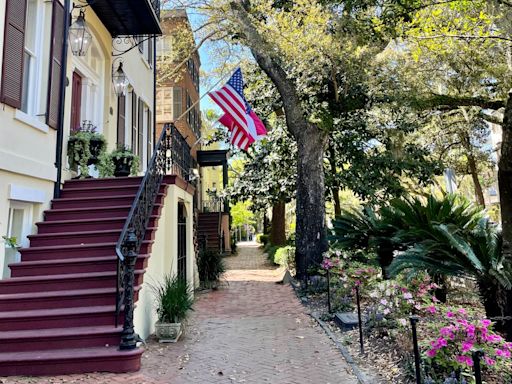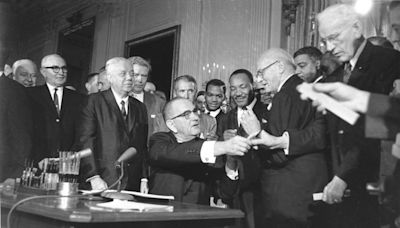Search results
Jun 28, 2024 · Martin Luther King, Jr. (born January 15, 1929, Atlanta, Georgia, U.S.—died April 4, 1968, Memphis, Tennessee) was a Baptist minister and social activist who led the civil rights movement in the United States from the mid-1950s until his death by assassination in 1968.
Nov 9, 2009 · Martin Luther King Jr. was a social activist and Baptist minister who played a key role in the American civil rights movement until his assassination in 1968.
A black church leader and a son of early civil rights activist and minister Martin Luther King Sr., King advanced civil rights for people of color in the United States through the use of nonviolent resistance and nonviolent civil disobedience against Jim Crow laws and other forms of legalized discrimination.
Biographical. Martin Luther King, Jr., (January 15, 1929-April 4, 1968) was born Michael Luther King, Jr., but later had his name changed to Martin.
Apr 3, 2014 · Martin Luther King Jr. was a Baptist minister and civil rights activist who had a seismic impact on race relations in the United States, beginning in the mid-1950s. Among his many efforts,...
Martin Luther King Jr. dedicated his life to the nonviolent struggle for civil rights in the United States. King's leadership played a pivotal role in ending entrenched segregation for...
Jan 12, 2023 · Who was Martin Luther King, Jr.? A civil rights legend, Dr. King fought for justice through peaceful protest—and delivered some of the 20th century's most iconic speeches.
Martin Luther King, Jr., (born Jan. 15, 1929, Atlanta, Ga., U.S.—died April 4, 1968, Memphis, Tenn.), U.S. civil rights leader. The son and grandson of Baptist preachers, King became an adherent of nonviolence while in college.
While others were advocating for freedom by “any means necessary,” including violence, Martin Luther King, Jr. used the power of words and acts of nonviolent resistance, such as protests, grassroots organizing, and civil disobedience to achieve seemingly-impossible goals.
Minister and social activist Martin Luther King, Jr., was the preeminent leader of the American civil rights movement from the mid-1950s until his assassination in 1968. His guidance was fundamental to the movement’s success in ending the legal segregation of Black Americans in the South and other.



